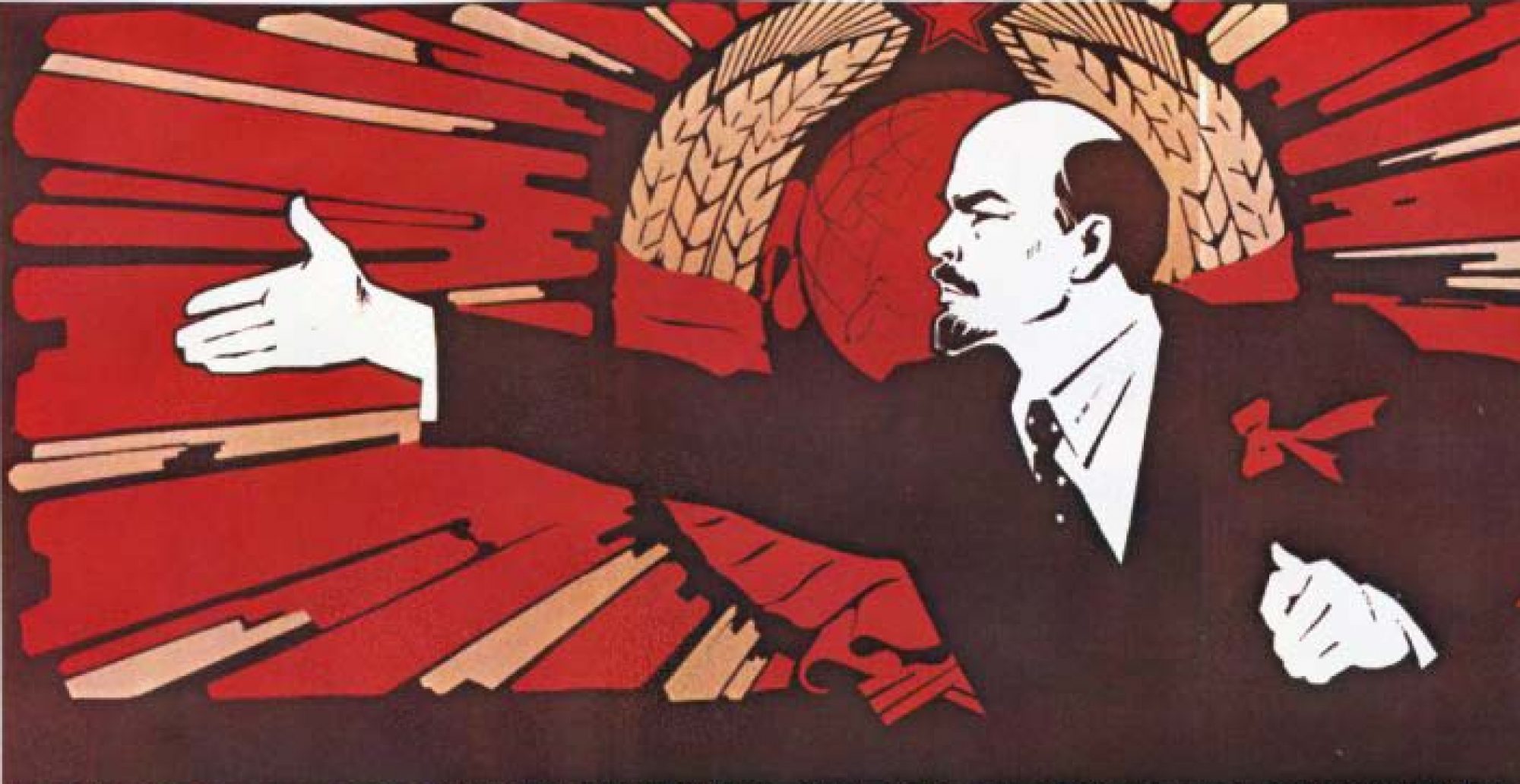In ‘This is Radio Leningrad!’, author Olga Berggolts explains the innumerable joy the people of the Soviet Union have experienced thanks to their radio show. The support of Radio Leningrad is not ubiquitous, however, and Nazis attempt to sabotage the show. Olga explains that, “the Nazis listened to our broadcast, too, of course. They listened to them and, as we found out later, wrote down the names of the speakers, longing for a “day of reckoning”. she continues by referring to the Nazi’s actions as, “paranoid ambitions” (Berggolts, “This is Radio Leningrad!”). In addition to their lists, the Nazis also attempted to intercept the Radio Leningrad broadcast. The Nazis are clearly consumed with attempting to censor Russian radio. What parallels can be drawn between the Nazis’ attempted censorship and the Russian censorship we have seen in the past (Into the Whirlwind, socialist realism, etc.)? Along the same lines, how have Russian ideals of censorship shifted due to the war?

Russia, the Soviet Union, and the CIS (HIS240 S20)
Revolution and its evolution!
It seems in Radio Leningrad that instead of combatting internal censorship the focus is on combatting the way the Nazis try to prevent the radio broadcast. The radio broadcasts are used to share true stories that are unedited from real people who are actually affected by the war. Additionally, the book that the author wanted to compile of stories/poems/broadcasts from the people of the Soviet Union is a huge step forward from the very strict guidelines of socialist realism. In conclusion, censorship seemed to lessen during the time because media was the way people kept up morale during world war two.